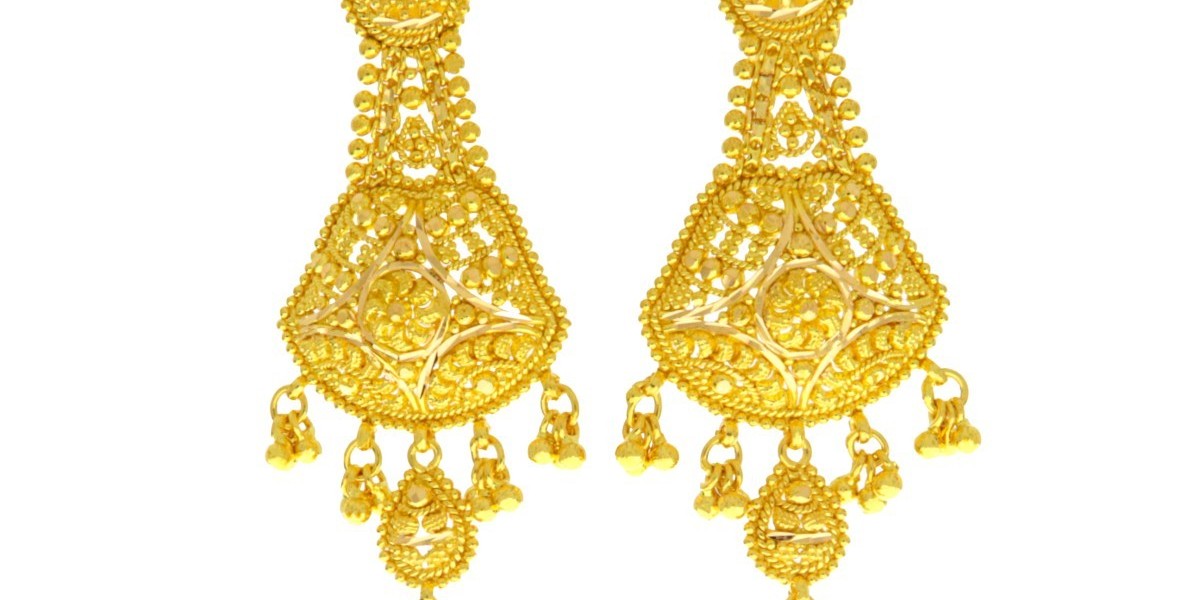The society's secrecy only adds to the growing criticism. As institutions across the Skull and Bones Silver globe move towards greater openness and public accountability, Skull and Bones' refusal to reveal the details of its activities and inner workings feels increasingly out of step with modern values. For many, the idea that a small group of individuals could wield significant influence behind closed doors—especially when many of them go on to hold powerful positions in government, business, and the media—raises serious questions about the fairness and transparency of such networks.
Moreover, as societal awareness grows around issues of diversity and representation, the lack of diversity in Skull and Bones’ membership has become a focal point of critique. With the society's membership historically limited to a select group of individuals, there are increasing calls for greater inclusion, allowing members from a broader range of backgrounds to participate in the network. Critics argue that without such change, Skull and Bones will continue to be seen as an antiquated institution that hinders progress towards a more equitable society.
Despite these critiques, there are some who defend Skull and Bones as a tradition that fosters loyalty, leadership, and intellectual growth. They argue that the society’s members, while exclusive, have made significant contributions to public service and national leadership. Still, the ongoing debate about transparency and elitism continues to cast a shadow over the society, leaving its future uncertain.
As Skull and Bones moves forward into the 21st century, the question remains: will it adapt to the evolving demands for openness, or will it continue to skull and bones boosting thrive as a bastion of secrecy and tradition?








